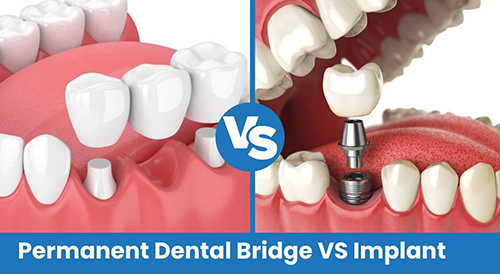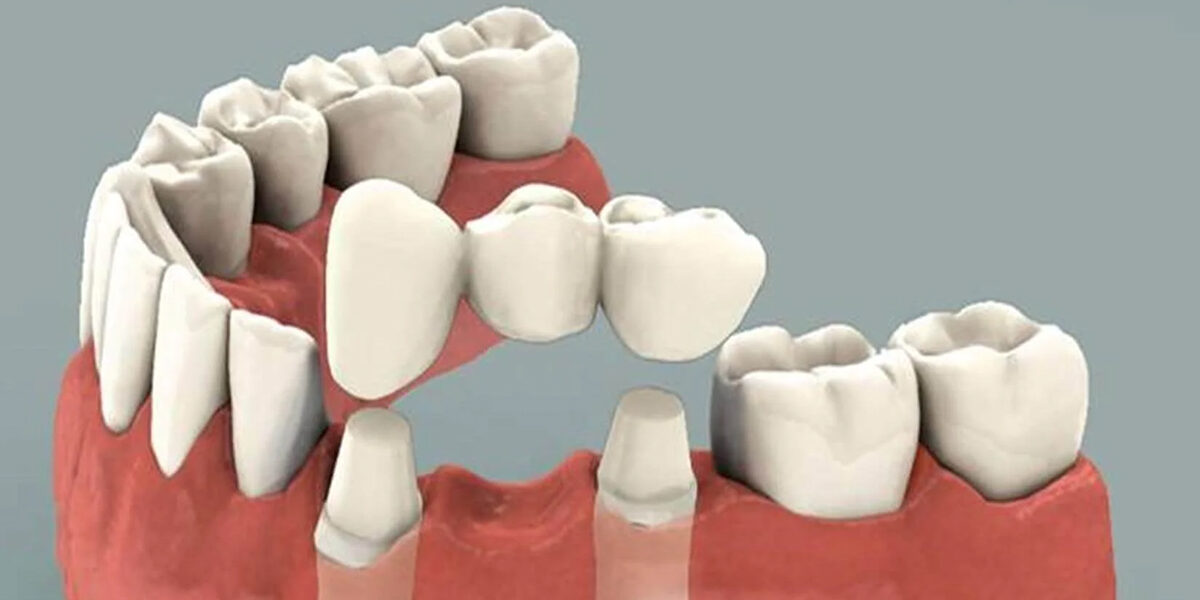Important Info about Dental Bridges for Teenagers and Young Adults
Loss of teeth can happen to anyone, even in their early years. A number of factors, such as an accident, an injury, or even poor oral care, can lead to tooth loss. In order to prevent other dental problems and to make sure you feel and look your best, a missing tooth must be replaced. Due to their advantages, dental bridges for young adults should be taken into consideration if you are younger and missing one or more teeth.
When it comes to replacing missing teeth, dental bridges are frequently the best choice for teenagers and small children. A dental bridge, commonly known as a “fixed oral appliance,” is used as part of the treatment option. It is attached to the neighboring teeth. In order to fill the space left by the lost tooth, a dental bridge must be able to be inserted in between the healthy neighboring teeth. In order to provide room for the dental bridge, the two neighboring teeth are frequently partially trimmed. A cap is affixed to the bridge once it has been installed. Your smile appears entire and natural once more thanks to the dental bridge and crown.

Dental Bridges and Young Adults
Due to natural aging processes or dental health issues that have built up over time, older persons frequently experience tooth loss. Nonetheless, there are a variety of reasons why young people could experience tooth loss. Teenagers may lose their permanent teeth as a result of automobile accidents, sports-related injuries, or other illnesses.
A young adult’s life can be significantly impacted by tooth loss. Due to severe misconceptions about people who have lost teeth, problems with self-esteem might arise, and they may even cause them to miss out on opportunities in both the personal and professional spheres. For this reason, it’s critical to identify a successful course of therapy that takes into account the patient’s individual needs as well as their oral health requirements. Dental bridges are a very successful tooth replacement solution that come with several advantages.
Dental bridges’ advantages include maintaining facial shape. The loss of teeth degrades the mandible. Your jawbone starts to deteriorate without the stimulation that tooth roots provide to the bone cells in your jaw. Excessive degradation of the jawbone may result in further tooth loss and potentially collapse of the face. This can completely alter the way your face looks.
It can be difficult to chew properly if you have a missing tooth. While you eat, you can even feel pain or discomfort. Chewing plays a vital role in the digestive process by aiding in the breakdown of food before it reaches your stomach. If you can’t chew food correctly, this could seriously affect your digestive system. Dental bridges can replace a lost tooth, allowing you to eat more efficiently and preventing needless stomach problems.
Enhances Speech:
Losing one or more teeth can have a significant effect on your ability to speak. A lisp, slurred speech, or general difficulty pronouncing some words may be apparent. Dental bridges can be used to replace missing teeth, allowing you to speak like you did before losing your teeth. Everyday life involves communication, thus it’s critical to feel comfortable giving speeches.
Boost Your Confidence:
Being missing teeth can cause insecurities when it comes to speaking and smiling. There are several ways in which this may affect both your personal and professional life. Dental bridges are a practical alternative to dental implants that mimic the appearance and feel of real teeth.



